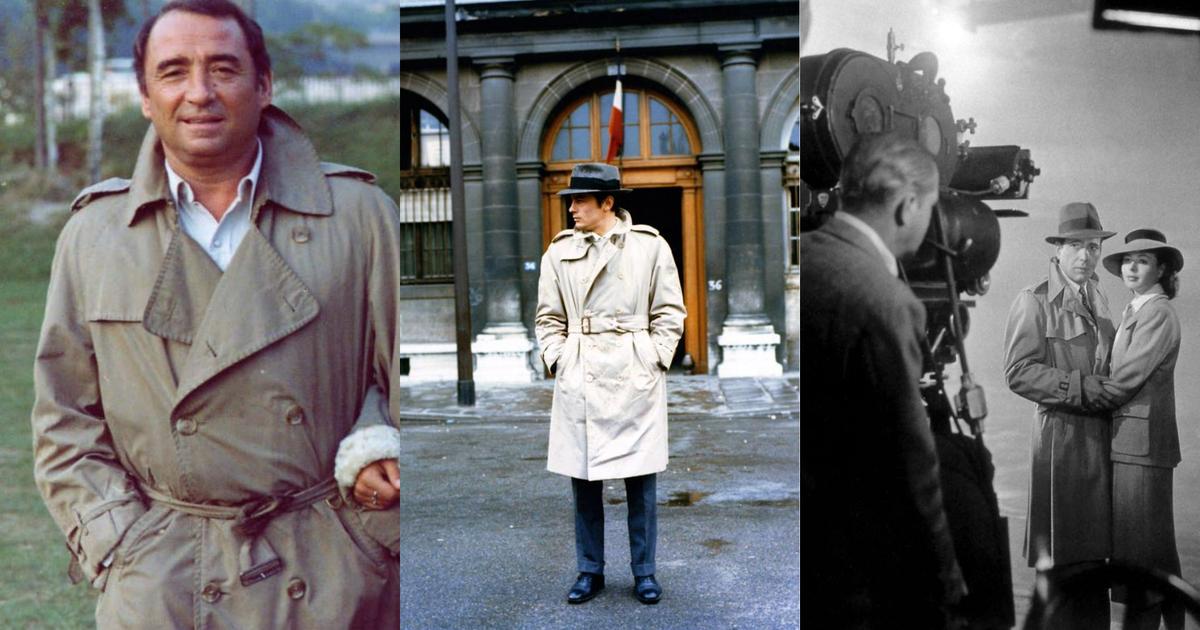"His place comes immediately after that of Shakespeare", wrote Sigmund Freud about Fedor Dostoevskij, whose 200th anniversary of his birth in 1821 on Thursday 11 November. "The 'Karamazov Brothers' are the greatest novel that is never been written, the episode of the Grand Inquisitor is one of the peaks of universal literature, of inestimable beauty ''. And when he dies at the age of 60, he closes the great Russian season of the second half of the nineteenth century in which Tolstoy, Turgenev and Goncarov also wrote their masterpieces. In short, a figure that continues to fascinate and force us to come to terms, also because with '' Memories of the subsoil ''modern literature was born and more and more Dostoevsky abandons the fluent narrative of the great nineteenth-century novel to concentrate on existential issues, building through episodes, often in some autonomous ways, a picture of intense meaning, in which the true substance of the facts is given by the passionate value of ideas, overcoming the romanticism of the strength of feelings.
And then there is also his life. First success at the age of 25, an engineer with a passion for writing who with '' Povera gente '', in which between grotesque and piety is already all his painful participation with those who live between humiliations and misery, becomes the literary case of 1846 . A few years earlier he had died, killed, his father and the writer had then had the first crisis of that epilepsy that will always mark him, especially after he was arrested in 1949 for having frequented a group inspired by a utopian socialism and sentenced to death, with execution suspended only when he was already on the gallows, and commuted to four years of forced labor in Siberia (from which the terrible but not desperate `` Memoirs of a dead house '' are born) and then another four years of exile from Petersburg.After those experiences, his writing and his narration of the characters will be transformed and will proceed no longer by external description, but by a sort of burning participation and investigation into the duplicity of the human being and his thirst for life, his bipolarity, between abjection and redemption, '' the more I was aware of the good ... the more I sank into my mud ''. He then publishes '' Humiliati e offesi '' and then in 1864 '' Memories of the subsoil '', the same year in which his son, his wife married during exile die, and shortly after his beloved brother Michail, who leaves covered in debt. After, '' all the characters of his main novels will have a subsoil, and they will penetrate it and then rise again regenerated or to sink into it without hope,without solution '', as Franco Malcovati, editor of many of Dostoevsky's works in Italian, writes. To try to cope with what he has to pay, the writer gives himself to the game, falling more and more into a desperate situation. He writes '' Crime and punishment '', the great novel about repentance and expiation with the protagonist who comes to terms with his amorality of being who believed himself superior, and then, with autobiographical roots, '' The player '' overwhelmed by passion for roulette. He dictates it to Anna Grigorevna, who will become his wife, with whom he crosses Europe and arrives in Florence, where he begins to write `` The idiot '', the existential defeat of a totally good man, almost a counterpoint to his many split characters and eaten by doubts.His is a sort of noir literature of the soul, which tells of murders, rape, diseases, excesses of noble and / or miserable characters, solitary and unsolved heroes, dramatically struggling with themselves, with different and contrasting faces of his own being, in which there is all the evil and the good of every man. In 1973 he published '' I demoni '', where he seems to reflect in a new way on the themes of previous novels, from nihilism to the gratuitous act and the absence of God.where he seems to reflect in a new way on the themes of previous novels, from nihilism to the gratuitous act and the absence of God.where he seems to reflect in a new way on the themes of previous novels, from nihilism to the gratuitous act and the absence of God.
He then writes many other things, including long stories of rare quality and poetry such as '' La mite '' (a theatrical reduction of which by Nicola Zavagli with Beatrice Visibelli is staged on 11 November at the Teatro dei Fabbri in Trieste) or the story of a young man in '' The teenager '' and, finally, the grandiose narration of '' The Karamazov brothers '' with the contrast between evil, hatred between father and son, and the purity of good, which comes out in December 1980, shortly before Dostoevsky had a severe respiratory crisis and died on February 9, 1981, 140 years ago.
These are necessarily superficial notations that would lead us to re-read this complex and great author, as, for example, in view of this bicentenary, Paolo Nori, recent author of '' Repertoire of the mad of Russian literature. Authors, characters, stories '' (Salani) and who has now published '' Sanguina still - The incredible life of Fedor Dostoevskij '' (Mondadori) and has signed the preface to the re-edition of '' A certain Dostoevsky - polyphonic biography in letters , diaries and testimonies '' edited by Pavel Fokin (Utet), noting that '' if a reader looks for the real Dostoevsky, he will not find him in this book, he will instead find, in this polyphonic, passionate and exciting text, different Dostoevsky, many Dostoevsky, in contradiction with each other,from which then, in the end, each reader will be able to draw their own '', which applies to anyone who is preparing to read today at least some of his novels and short stories, many of them in new editions for the occasion, as well as new exegetical essays , including to note '' Dostoevsky, the writer of my life '' by Julia Kristeva (Donzelli).








/cloudfront-eu-central-1.images.arcpublishing.com/prisa/OOTFCPHPSJG3RMO3Y4K35XQX4E.jpg)